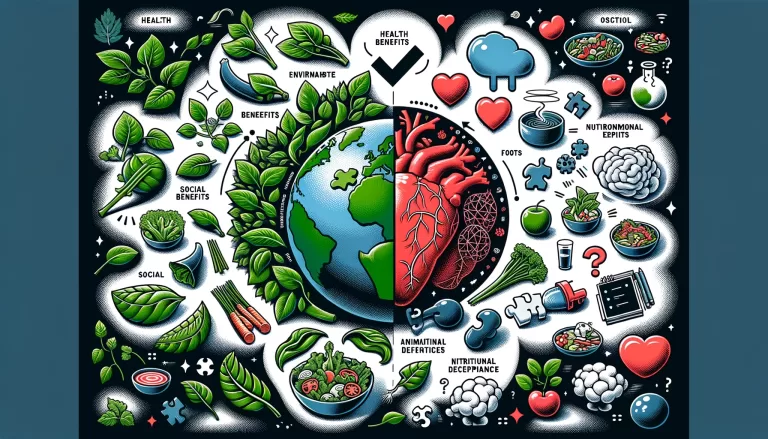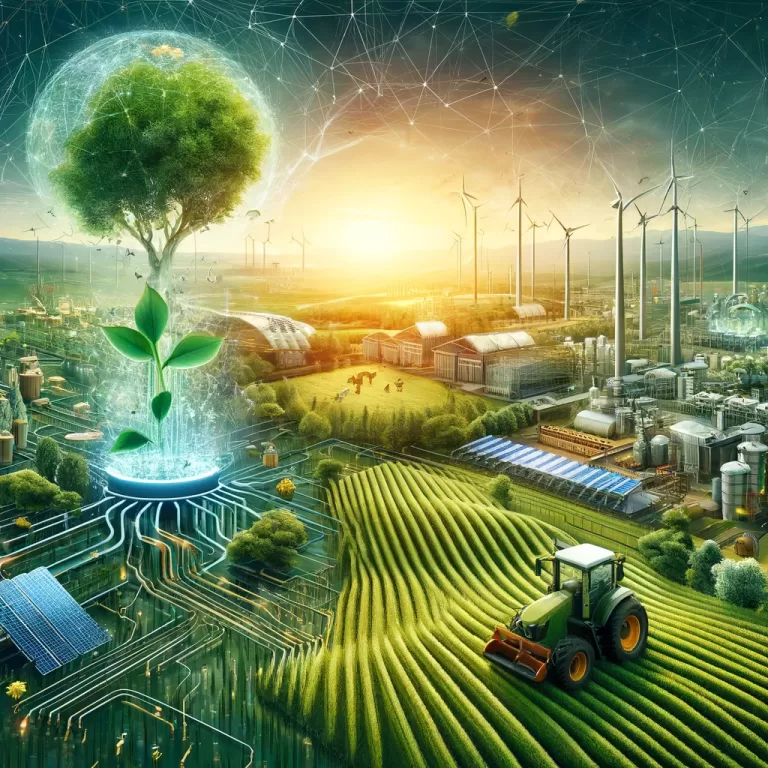
Guyana has recently become one of the fastest-growing economies in the world following the discovery of substantial oil and gas reserves. This discovery has completely transformed the nation’s economic structure, spurring job creation and infrastructure development across the economy due to increased foreign investment.
In the past two years, Guyana’s economy has experienced remarkable growth. In 2022, the real GDP grew by 63.4%, mainly attributed to the expansion of oil production and robust growth in the non-oil economy. A 38% GDP growth is expected in 2023 (World Bank) (DPI Guyana). Additionally, Guyana is the only country in South America that uses English as an official language, which could be a significant advantage in trade and talent acquisition. In 2022, Guyana’s GDP was approximately $14.4 billion, with a per capita GDP estimated at $18,263, considerably higher than the global average of $10,589 (FocusEconomics).
The recent discoveries and development of oil and gas resources have significantly propelled this economic growth. Since oil production commenced in 2019, Guyana’s economy has been growing rapidly, emphasizing the need for economic diversification and structural reforms. Efforts continue to achieve sustainable and broad-based growth beyond the oil sector (World Bank).
Norway has prospered economically since discovering oil in the North Sea in 1969. This discovery was utilized not just for financial gain but as an opportunity to build a sustainable future for the country. Notably, Norway used oil revenues for national welfare and long-term investments, playing a crucial role in maintaining a stable national economy even as oil incomes dwindled.
- Government Pension Fund (GPF): Norway has saved its oil revenues in the GPF, securing financial stability for future generations. The fund invests in various global assets, generating revenue and reducing reliance on oil revenues.
- Economic Diversification: The Norwegian government actively promoted industries such as technology, renewable energy, and fishing to reduce dependency on oil. These efforts have contributed to a more robust economic structure through diversification.
- Transparent Resource Management: The government’s transparent policies and fair resource distribution have enhanced public trust and led to social consensus, ensuring political stability and economic transparency.
On the other hand, despite possessing the world’s largest oil reserves, Venezuela has faced severe economic crises. High dependency on oil combined with political instability led to economic downfall.
- Corruption and Economic Instability: Political corruption and opaque resource management reduced foreign investment and worsened the economy, causing loss of trust among international investors and facilitating capital flight.
- Inflation and Increased Poverty: Inadequate economic policies and chronic inflation deteriorated the quality of life, leading to widespread poverty and social unrest. These economic conditions severely impacted daily life.
- Misuse of Resource Revenues: Using oil revenues for political purposes delayed economic diversification and sustainable development.
These examples from three countries demonstrate how the management of oil resources can significantly influence a nation’s fate. Successful resource management emphasizes the necessity of transparent policy implementation and long-term economic planning, providing valuable lessons to other oil-rich countries.
Norway’s success and Venezuela’s failure illustrate how oil resources can be a blessing or a curse for a country. It is crucial to observe whether Guyana learns from these examples to achieve sustainable and balanced growth. This balance could be the key to successful economic development. Like Norway, Guyana should invest oil revenues in long-term national development plans, focusing on education, healthcare, and infrastructure development, and building a sustainable economic model to prepare for the depletion of oil incomes.
Promoting Economic Diversification: Reducing dependency on oil and promoting diversity in the economy through active development of industries like technology, renewable energy, agriculture, and tourism is essential for economic stability and minimizing risks associated with oil price fluctuations.
Transparent Policy and Law Enforcement: The government must implement resource management policies transparently and adhere strictly to laws, which is crucial for gaining domestic and international investor trust and enhancing political stability.
Social Consensus and Public Participation: All economic plans and resource management policies should be made through broad social consensus and reflect the public’s opinions, contributing to policy sustainability and preventing social conflicts. International Cooperation and
Sustainable Development Goals: Pursuing integration with the global economy and adhering to international sustainable development goals and environmental standards is essential. This will help Guyana maintain competitiveness in the global market and be recognized as a responsible nation environmentally.



